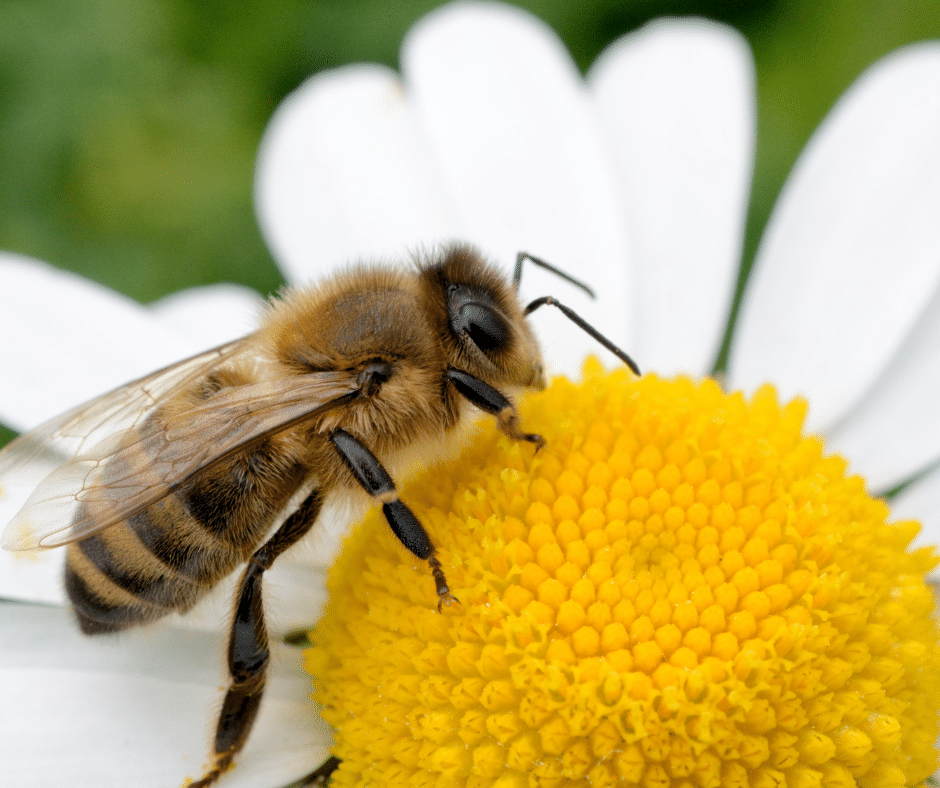Earth day is the event that has celebrated our planet Earth every 22nd April since 1970. Environmentalists all over the world take advantage of this day to raise awareness about the problem which are increasingly affecting the Earth. The over-consumption of non-renewable resources, global warming and the destruction of ecosystems are just some of the issues that must be addressed if we are to turn the tide.
Trying to restore our planet to a heathy state is a long and complex process, therefore drastic action must be taken now. There are several possible intervetions, some of which are more difficult than others, but they can all be summarised under one simple concept: recover and maintain biodiversity. Biodiversity is defined as the richness of life on earth, which is given by the set of animal and plant species present in a given geographical area.
Each species has its own task and they interact whithin the ecosystem by influencing each other. This interaction si initiated by bees, which are among the most important living beings for the maintenance of biodiveristy. As a matter of fact, these particular insects are responsible for almost 70% of pollination of all species and ensure about 35% of global food produciton.
Over the decades, agriculture has benefited greatly from the presence of these pollinating insects. However, despite their importance in both environmental and economic terms, humans remain their enemy. Monoculture cultivation, the removal of hedges and excessive use of pesticides is slowly but inevitably leading towards bee mortality. The habitat in agriculture has become inhospitable to these insects, and the situation is no better in urban centres. Smog due to traffic, the scarce presence of green areas and, more generally, an extremely polluted environment are elements that turn cities into ecosystems hostile to the presence of bees.
The damage caused by the possible disappearance of these amazing insects is unimaginable, so action must be taken quickly in order to change the current state of affairs. In the agricultural field, the use of plant protection products and pesticides, the ultimate enemies of bees, should be significantly reduced and less intensive cultivation techniques should be restored as far as possible. Planting more hedges, flowers, rows and trying to maintain green areas are very simple remedies that can facilitate the creation of environments suitable for bee repopulation. In addition, they would not be the only ones benefiting from this, since the crops themselves would also be positively impacted by the use of these solutions. The work of bees is not onlu restricted to the general well-being of the ecosystem, but they also produce honey, pollen, wax and royal jelly: this is a further reason why their preservation is necessary and becoming more and more essential every day.
About a month after Earth Day, on 20th May, World Bee Day is celebrated. Each of us, with a few simple actions, can contribute to the fight against bee mortality. Opt for buying quality honey, try to support local beekeepers and, if possible, install urban beehives in your own garden! Beeing is here to help you with that.
Through various services, including the adoption of hives and the sale of beehives for urban use, Beeing aims to protect and repopulate the bee population by supporting beekeepers and guiding people to respect these insects.
The earth’s ecosystem is under great stress due to intensive human activity and ignoring the signals nature is sending is not an option. Every day, Beeing guides people to discover and respect bees. The inspiration and focus is the potection od bees and pollinating insects, in the relentless pursuit of a healthier ecosystem. Rebuilding a world in which people and nature can coexist is possible, but to do so the support and will of everyone is needed!

